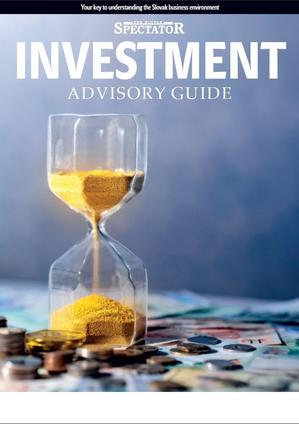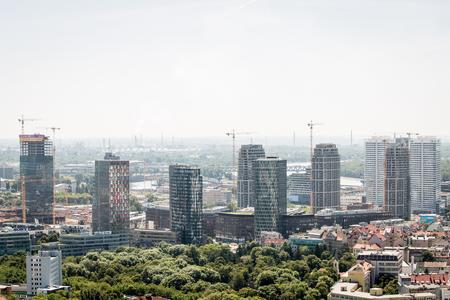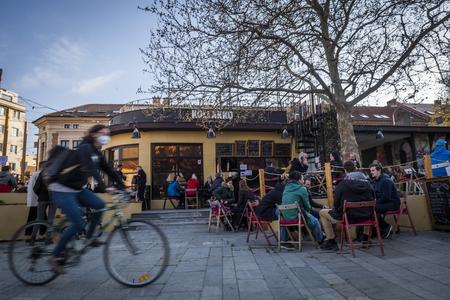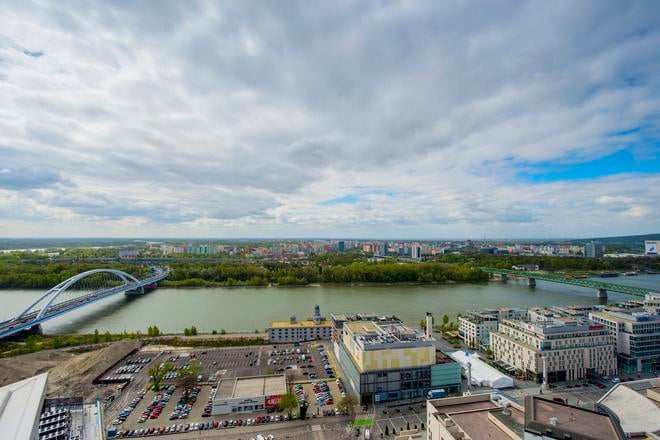Slovakia has faced the Covid-19 pandemic from a position of strength and effective policy support has limited the economic fallout.
 Investment Advisory Guide - Your key to understanding the Slovak business environment (source: Investment Guide)
Investment Advisory Guide - Your key to understanding the Slovak business environment (source: Investment Guide)
“With the second wave of infections receding, the economy seems headed for a strong recovery this year and next, though uncertainty remains very high,” the International Monetary Fund (IMF) commented in its recent report.
Economy to rise, but risks remain
The output contraction of 4.8 percent in 2020 was milder than the eurozone average reflecting a sizable and timely policy response and resilient external demand. An array of measures deployed by the authorities helped save tens of thousands of jobs and businesses.
The IMF expects a strong economic recovery this year, claiming that the real GDP growth could achieve 4.7 percent this year and accelerate further in 2022. Uncertainty remains high, though.

“The pace of the recovery depends on the race between the virus and vaccination,” the IMF stated. “New virus waves or variants could slow activity, while successful containment, and large stimulus packages in the US and EU could lift growth above our projections. In this highly uncertain environment, there is a premium on getting the policy mix right.”
Reforms necessary
Continued fiscal support is warranted, until the recovery is well entrenched, but policies should be increasingly targeted and focused on facilitating resource reallocation and strengthening the economy’s potential, according to the IMF.
“Rebuilding fiscal buffers should begin once the recovery is on a firm footing to create room for policy manoeuvre and rising age-related spending,” the IMF wrote in the report.

The banking sector has weathered the Covid shock well so far, but the full impact of the pandemic remains uncertain. Financial sector policies should continue enabling credit provision, according to the IMF, while guarding against the build-up of risks.
Structural reforms that strengthen human and physical capital, and boost productivity will be essential to sustain robust and inclusive growth in the aftermath of the pandemic.
“Timely and effective use of EU funds and the implementation of reforms outlined in the Recovery and Resilience plan can play a key role in supporting the recovery, expanding the economy’s potential and accelerating green and digital transformations,” the IMF noted.



 Illustrative stock photo (source: TASR)
Illustrative stock photo (source: TASR)